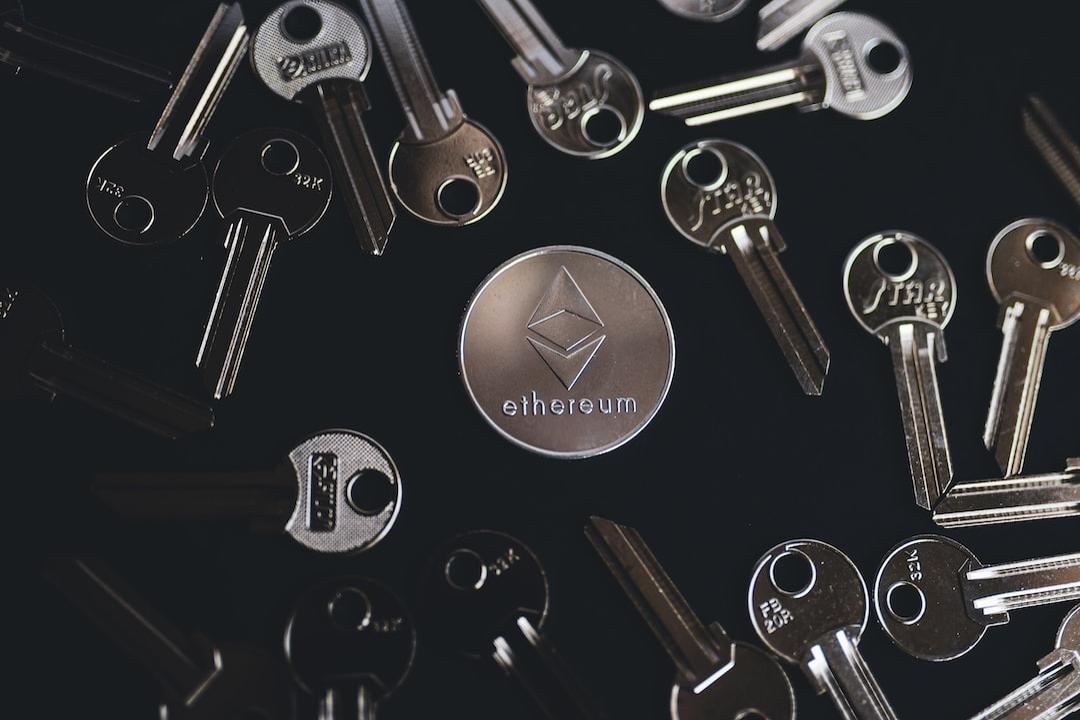OKX, a crypto exchange, has become the dominant platform for trading Bitcoin Runes, accounting for 51.08% of its daily trading volume. Other platforms like UniSat and MagicEden have seen a decline in trading activity, collectively holding a market share of 48.83%. These three firms and their platforms are responsible for the majority of Bitcoin Runes trading.
Bitcoin Runes is a protocol that allows for the issuance of fungible tokens on the Bitcoin network. Since its launch on April 20, the protocol has generated an impressive 2,287 BTC ($143.6 million) in transaction fees. It has now become the foundation of the Bitcoin decentralized finance (DeFi) ecosystem, along with Ordinals and BRC-20 tokens, which were created last year.
The ecosystem is not only seeing the rise of Bitcoin Runes but also the SolvBTC protocol. SolvBTC is an Omnichain yield-generating protocol that enables users to earn yields on their Bitcoin through minted derivatives on platforms like Arbitrum, Merlin, and BNB Smart Chain. It has accumulated a total value locked of $920.62 million since its launch in April. With over 12,000 BTC staked among 30,000 participants, SolvBTC generates annual returns of 5%–10% on users’ BTC deposits. The firm has also announced a partnership with Babylon to introduce restaking yields for users’ BTC, allowing them to earn rewards by verifying transactions on proof-of-stake networks.
MicroVisionChain, a Bitcoin smart contract developer, plans to incentivize ecosystem developers to build Bitcoin interchain asset bridges, decentralized exchanges, wallets, and support for BRC-20 assets on the protocol. Their proposal includes distributing 65% of the native SPACE token to builders based on their contributions. The project currently has a diluted market capitalization of $166 million.
On May 6, the Bitcoin blockchain reached a milestone of 1 billion transactions. In its 5,603-day existence, Bitcoin has averaged 178,475 daily transactions. Ethereum, Bitcoin’s biggest rival, has processed well over 2 billion transactions since its launch in July 2015.
In related news, El Salvador has launched a $360 million Bitcoin treasury monitoring website.

